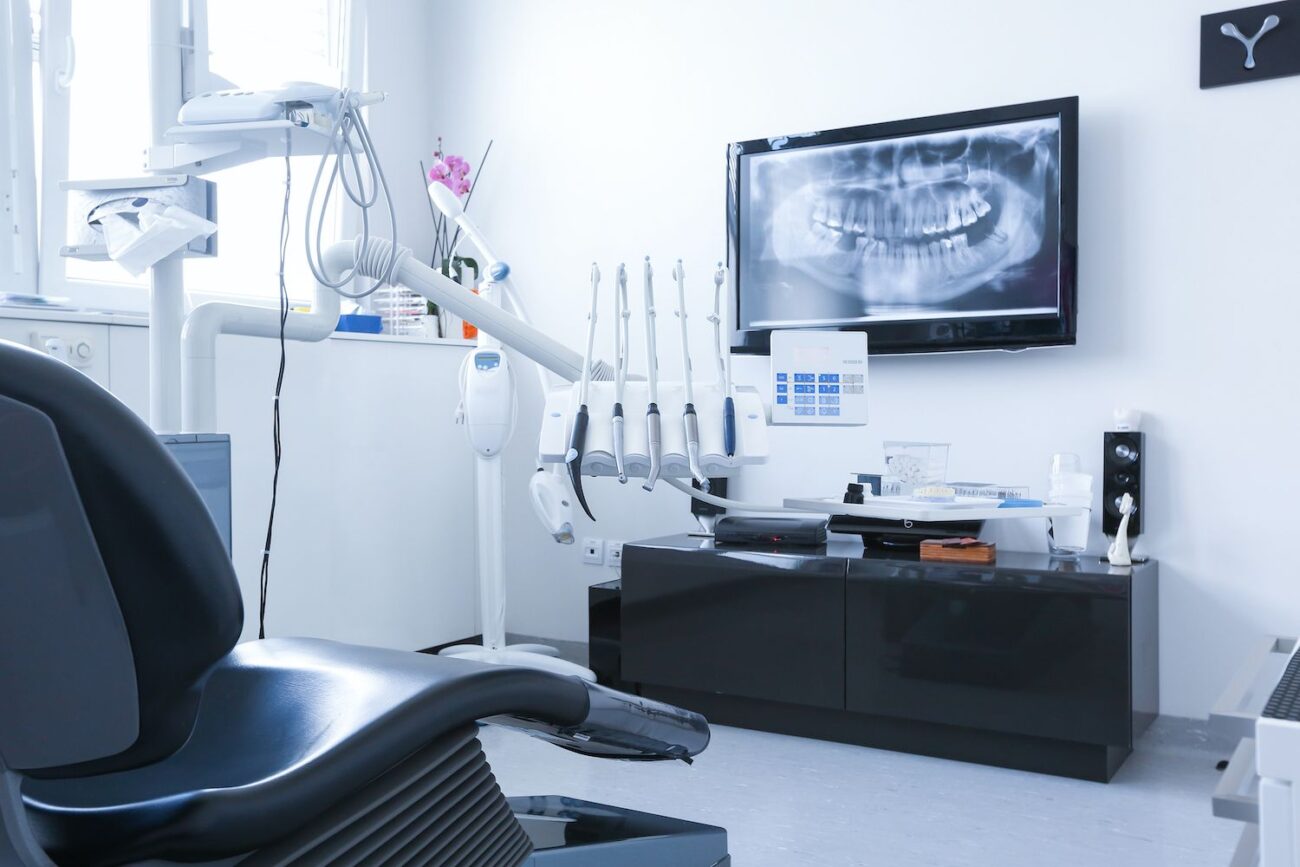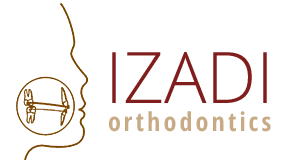Laser dentistry has revolutionized the way dental procedures are performed. Traditional dental procedures were often painful, lengthy, and often required a long recovery time. With the introduction of laser dentistry, patients can now undergo pain-free procedures with less discomfort, bleeding, and swelling.

What are the Benefits?
Laser dentistry has many benefits that can improve your dental appointments.
Minimally Invasive
Laser dentistry is a minimally invasive alternative to traditional dental procedures. The dentist can perform procedures without cutting, drilling, or stitching. Minimally invasive procedures ensure that patients can recover faster and with less discomfort. In fact, patients require less pain management and sedation.
Reduced Healing Time
Traditional dental procedures can take a long time to heal, often requiring a few days of rest and recovery. With laser dentistry, the recovery time is much shorter. This is because the laser cauterizes the tissues as it works, reducing bleeding and promoting faster healing.
Improved Precision
Laser dentistry allows the dentist to target specific areas of the mouth, making it easier to treat a variety of dental problems. It can also be used for cosmetic procedures, such as gum contouring, to improve the smile’s appearance.
Reduced Need for Anesthesia
Because laser dentistry is less invasive than traditional procedures, there is often less need for anesthesia. This means that patients can undergo procedures without experiencing the side effects of anesthesia, such as nausea, vomiting, or dizziness.
How Do Lasers Improve Oral Health?
Now let’s take a look at some of the specific ways laser dentistry can improve your oral health.
Treating gum disease: Laser dentistry is an effective way to treat gum disease. The laser removes the infected tissue and promotes healthy tissue growth.
Removing tooth decay: Laser dentistry can be used to remove tooth decay. The laser removes the decayed portion of the tooth, leaving behind healthy tissue. Using lasers allows for more precise treatment. As a result, patients will spend less time recovering from their procedures.
Root canal treatment: With more invasive procedures, dentists use lasers to minimize patient pain. For example, a common procedure that can utilize lasers is a root canal. The laser removes the infected tissue from the root canal. Then, the dentist places a filling to seal the canal. This means that patients can undergo treatment without experiencing pain, discomfort, or bleeding.
Teeth whitening: For cosmetic issues, your dentist may use lasers. In fact, lasers are common for teeth whitening procedures. The laser activates the bleaching solution, which helps remove teeth stains. Because of this, whitening treatments are quick and effective, reducing patient time in the office.
In addition to the above benefits, laser dentistry can also make your dental appointments more comfortable. Dental anxiety is a common problem that many people face. As a result, laser dentistry can help to alleviate anxiety by providing a more comfortable and less invasive dental experience.
